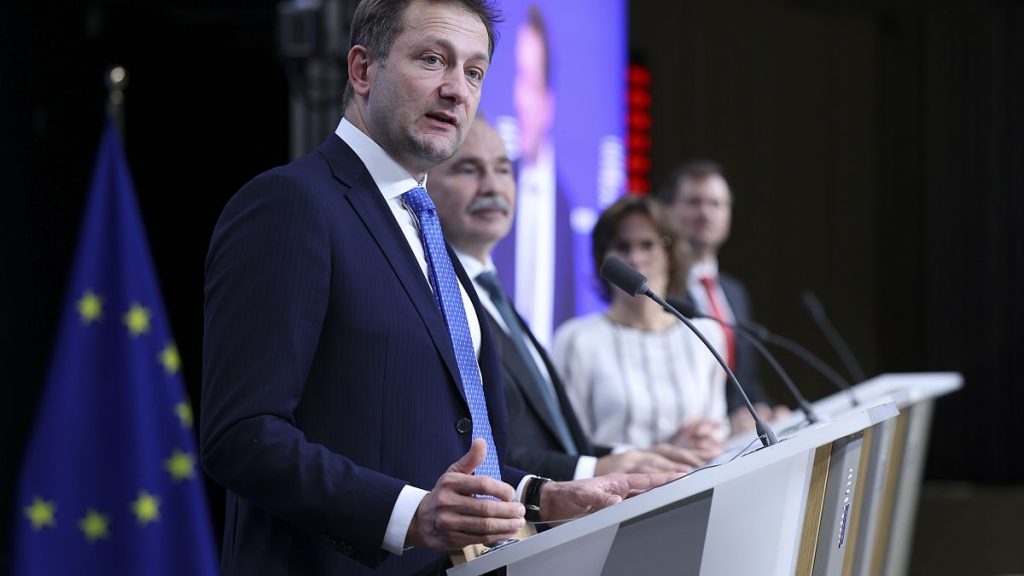The European Union’s Common Agricultural Policy (CAP) is poised for reform, with discussions centering on streamlining bureaucracy rather than significantly altering the subsidy system. The current CAP, representing a third of the EU budget at €387 billion, has faced criticism for disproportionately benefiting large-scale farms and contributing to environmental problems. Despite calls for budget cuts and redirection of funds towards other priorities like defense, EU agriculture ministers have emphasized maintaining a farmer-centric approach in the upcoming CAP revision for the 2028-2034 budget cycle. New Agriculture Commissioner Christophe Hansen has signaled an evolutionary rather than revolutionary approach, focusing on reducing regulations and incentivizing the sector.
The ministers’ approved conclusions outline key directions for the CAP reform, prioritizing enhancing farmers’ competitiveness within the food supply chain and simplifying the delivery model to reduce administrative burdens. The focus is on ensuring a fair standard of living for farmers, with direct payments continuing to support income stability. Acknowledging the potential complexities of future negotiations, particularly concerning targeted funding allocation and the impact of EU enlargement, including the potential accession of Ukraine, Hansen anticipates potentially challenging discussions. However, the core objective remains to lessen the administrative burden on farmers, freeing them to focus on production rather than paperwork.
A central concern is the declining appeal of farming as a career, reflected in the aging agricultural workforce, with only 12% of EU farmers under 40. Addressing this demographic challenge and ensuring generational renewal within the sector is a key priority. The aim is to attract younger generations to agriculture, ensuring the long-term viability and sustainability of the EU’s agricultural sector. This involves making farming a more attractive and accessible profession for young people, potentially through targeted incentives and support programs.
Maintaining the EU’s food security and sovereignty is paramount in the CAP reform discussions. Concerns over external dependencies on food sources have intensified, leading to a strong emphasis on strengthening the EU’s internal agricultural capacity. Hansen has stressed the non-negotiable nature of food security, emphasizing that while the EU might have other dependencies, food will not be one of them. This reinforces the commitment to supporting domestic agriculture and reducing reliance on external sources for food production.
The path to CAP reform involves a series of steps, beginning with the Commission’s proposal expected in 2026, following the finalization of the EU’s long-term budget. This proposal will form the basis for negotiations and further refinement of the policy. The discussions will likely involve a balancing act between maintaining support for farmers, addressing environmental concerns, and ensuring the efficient allocation of funds. The ultimate goal is a reformed CAP that balances the needs of farmers, consumers, and the environment.
The forthcoming CAP reform represents a critical juncture for European agriculture. The decisions made will shape the future of the sector, impacting farmers, consumers, and the environment. The discussions underscore the need to balance competing interests, ensuring a sustainable and vibrant agricultural sector while addressing concerns about bureaucratic burdens, generational renewal, and food security. The challenge is to create a policy that is both effective and equitable, supporting the livelihoods of farmers while promoting sustainable agricultural practices and guaranteeing food sovereignty for the European Union.














